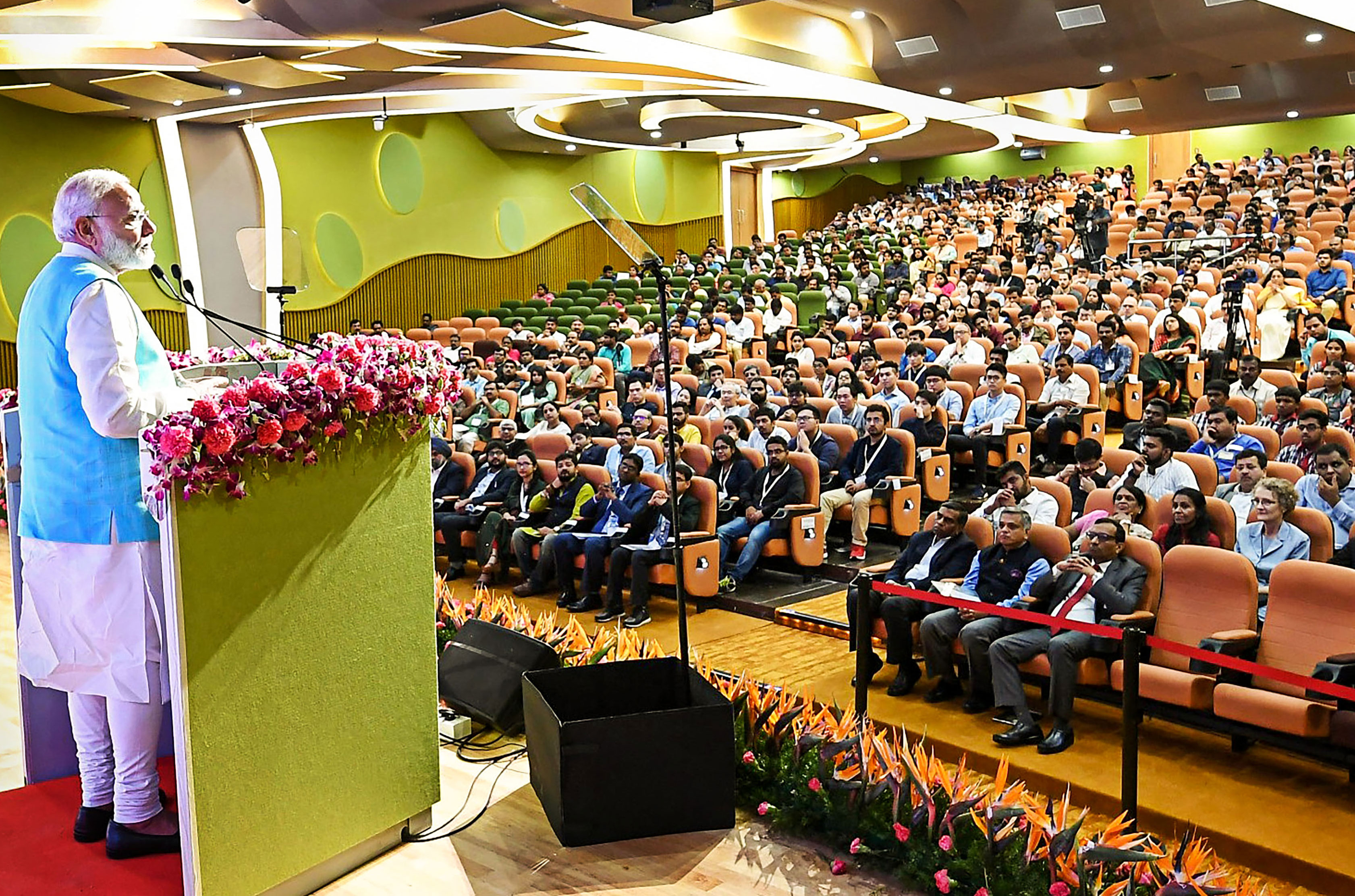A former top government official has backed the recent increase in fees for MTech programmes at the Indian Institutes of Technology, expressing the hope that it would help attune emerging technologies and with industry needs.
R. Chandrashekhar, who was conferred the distinguished alumnus award of IIT Bombay in 2010, said the fee hike would exert pressure on the IITs to make their programmes more market- and research-orientated.
“If the fees are disproportionately low in comparison with the economic environment, then a lot of people do that programme, pending getting into a job,” the former Telecom Commission chairman told PTI.
“The fact is that these courses are heavily subsidised, and therefore people just do it... people shouldn’t be doing master’s courses to pass time, or while waiting for a job. They should do it to actually further their knowledge, becoming more specialised,” he said.
But he stressed that any qualified student who has the capacity should not be denied an MTech programme seat because of financial constraints.
Chandrashekhar, a former secretary in the department of telecommunications, said IIT programmes are expensive and some of them are experimental, requiring high-cost facilities.
“People do Master’s programme and then apply for some job which absolutely has nothing to do with that (their chosen subject)... so, it's a just further waste of resources”, he said.
IITs should enrol students who are not only qualified but also doing the courses because they want to do that and become specialists in that particular area, according to him. “This will also, in a sense, put pressure on IITs to make the programmes more market-oriented...,” he said.
“Certainly low fees have resulted in people continuing to study not because they are interested in it, not because they want to improve their qualification or anything, but just to sort of pass time or while waiting for job, while applying for a job,” Chandrashekhar said.
He said IIT faculty may not be very conversant in emerging technologies unless they have taken the pain to keep abreast of them.
“So, all of this (fee hike) will put pressure on the IITs and the faculty also to keep more abreast with time.” Chandrashekhar said that India is very strong in information technology with a global footprint. “But also we know that we are weak in (IT) products... don’t have enough products. We also know that our IP creation and research-orientation is very limited, aside from research centres set up by global companies in India where people are hired as employees for tech jobs,” he said.
Chandrashekhar added: “Masters and research programmes (at the IITs) need to be attuned continuously -- not as a one-time exercise -- with new and emerging technologies and with industry needs.”
Post-graduate programmes need to develop the “thinking” of people in the direction of research, “questioning things”, productionisation and so on, Chandrashekhar said.
“So, a little dos of commercial skills like business management… some of the basics… (need to be imparted at IITs) because technical people who become entrepreneurs also need to know a little bit about running the business,” he said.
“If you only know how to run a business and you are not a technocrat, you can’t be an entrepreneur in new emerging technology areas,” Chandrashekhar added.











